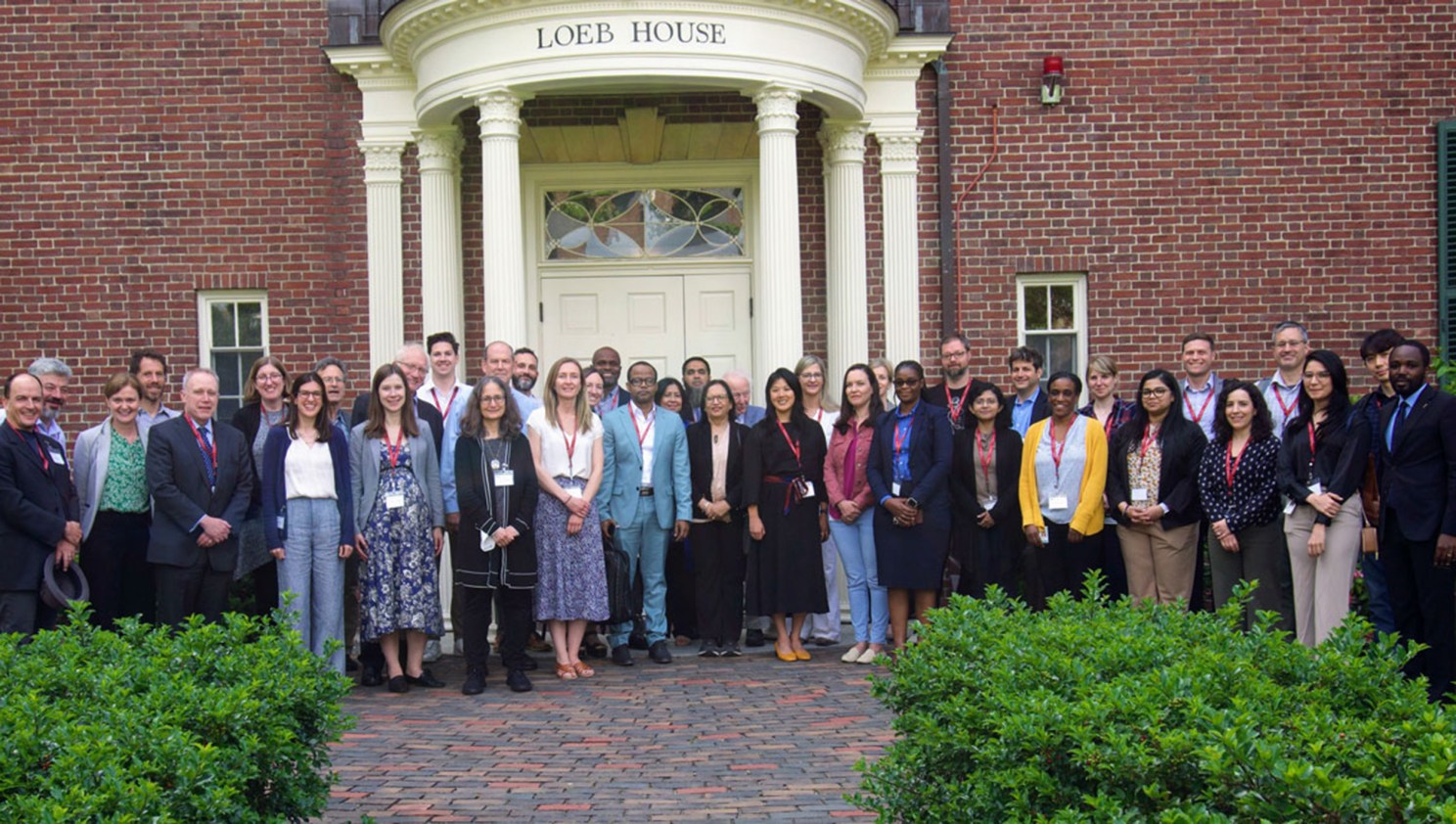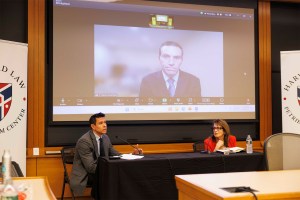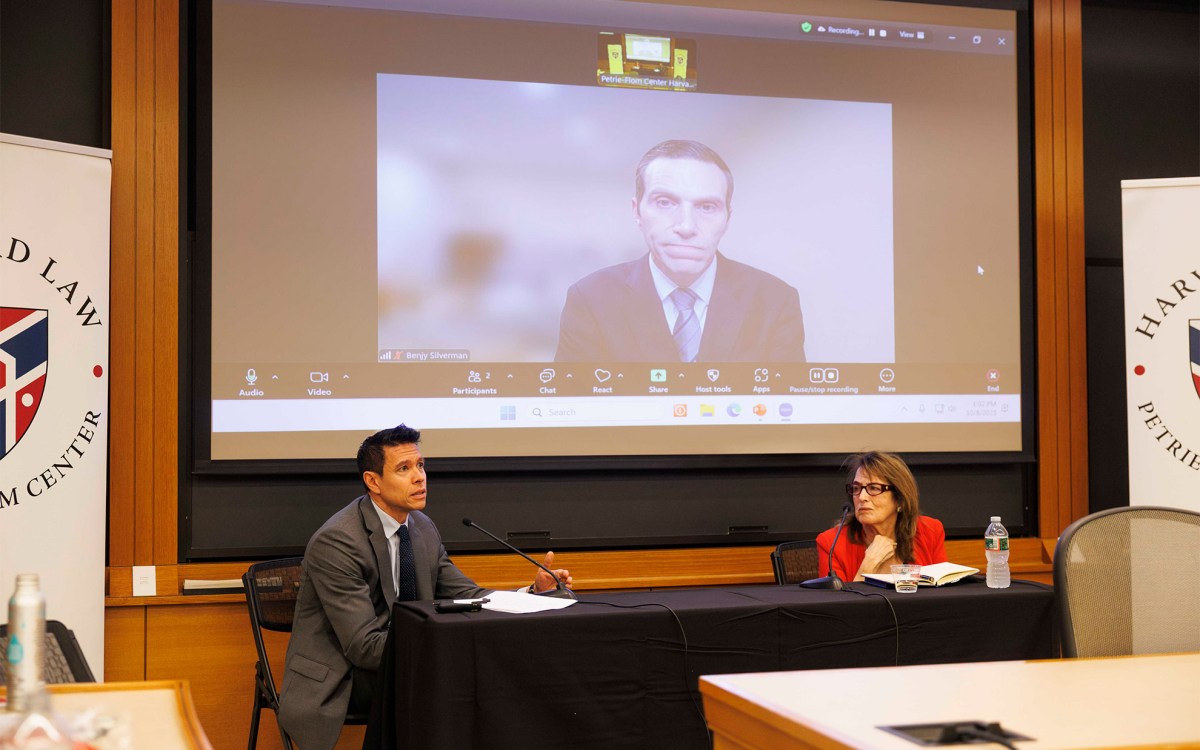Scientific symposium addresses advances and gaps in cholera research

Participants of the “Cholera: State of the Science Symposium” at Harvard University.
Cholera, an ancient, yet treatable and preventable disease, continues to claim thousands of lives around the world. According to the World Health Organization (WHO), there are 1.3 to 4.0 million cases of cholera and 21,000 to 143,000 deaths each year worldwide due to it. Despite these alarming numbers, cholera research does not always garner much attention. A recent symposium at Harvard University, co-organized by the Harvard Global Health Institute and the Mass General Hospital, aimed to change that by dedicating a full day of discussions solely on the subject. Over 50 leading experts from 20 organizations across the globe gathered to share and discuss the latest advancements and findings in cholera research.
The all-day symposium, supported by the Harvard Global Health Institute through its new Scholarly Working Groups program, highlighted advances and gaps in cholera research in multiple areas, from pathogenesis and microbial interactions to new vaccine prospects, to innovations in epidemiology, surveillance, and population health.
“Our goal for the ‘Cholera: State of the Science Symposium’ is to offer a platform for scholars and researchers in cholera to connect with and learn from each other,” said Louise C. Ivers, faculty director at the Harvard Global Health Institute and an expert in cholera treatment and prevention. “We hope that these connections will spark new ideas, turn into meaningful new collaborations, and build our community.”
Participants of the symposium included representation from scientists in cholera-affected countries, such as the Democratic Republic of the Congo, Haiti, Zambia, and Bangladesh, as well as U.S. and Canadian academic institutions.
“We are excited to see how far we have come in cholera research, even though cholera is considered a neglected disease,” said Jason Harris, chief of the division of global health at the Mass General Hospital for Children. “Researchers and scientists are working hard to find ways to eradicate the disease. We hope that by putting a spotlight on the research through the symposium, we can bring more awareness to the disease.”
What is cholera and why should we care about it?
Dubbed a disease of poverty, cholera is an acute diarrheal disease transmitted through ingesting contaminated food or water. It can be fatal if left untreated. Cholera mostly affects people without access to safe water and basic sanitation. Humanitarian crises, migration, extreme weather events, and unplanned urbanization also increase the risk of cholera through stress on basic water and sanitation infrastructure.
Cholera remains a global threat to public health. It affects millions of people each year and indicates inequity and lack of social development.




